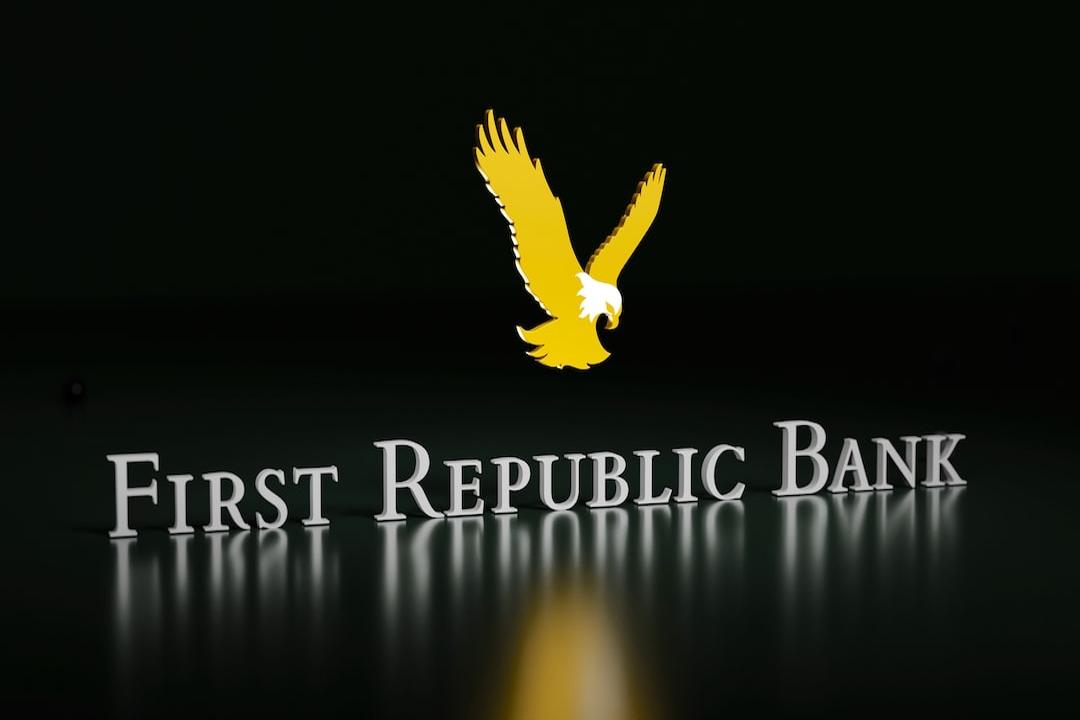Industry-Wide Standards Needed for Future of Asset Tokenization, Says Casper Executive

By Shalini Nagarajan
HSBC’s recent introduction of retail gold tokens highlights the increasing popularity of financial asset tokenization, a practice that is transitioning from early adoption to mainstream usage. However, there are still challenges in ensuring standardization and widespread integration.
Asset tokenization utilizes blockchain technology to represent ownership of real-world assets such as real estate, art, and shares as digital tokens that can be traded. These tokens serve as digital ownership certificates, allowing for fractional ownership. This expands the investor base and boosts trading activity, thus increasing liquidity in the markets.
According to Ralf Kubli, a board member for the Casper Association, a significant limitation of many existing tokenization platforms is their limited focus. These platforms prioritize the digitization of the underlying asset itself but fail to represent the associated liabilities and cash flows. As a result, an asset-backed token is created and linked to a blockchain, with the terms and conditions stored in a separate PDF document.
However, relying on manual cash flow calculations undermines the efficiency and automation promised by tokenization. This lack of transparency and verifiability regarding cash flows poses a significant risk, reminiscent of the vulnerabilities exposed during the 2008 financial crisis.
Kubli suggests a solution: ensuring that all cash flows are algorithmically and deterministically defined within these assets. This requires the development of “smart financial contracts” that not only encode information about the tokenized asset but also explicitly define the payment obligations of all parties involved. By doing so, these contracts comprehensively outline both the asset and liability aspects of the financial instrument.
Fortunately, there is an available standard that can address this issue. The Algorithmic Contract Types Unified Standards (ACTUS) Research Foundation, established after the 2008 financial crisis, aims to clarify the cash flow patterns of financial instruments based on collateralization. They have created and deployed an open-source standard that any business can utilize.
Implementing standardized cash flow definitions within tokenized assets, as proposed by Kubli, would provide financial institutions with real-time insight into their resources and obligations. This increased transparency could significantly reduce the risk of a future crisis similar to the events of 2008.
Follow us on Google News


